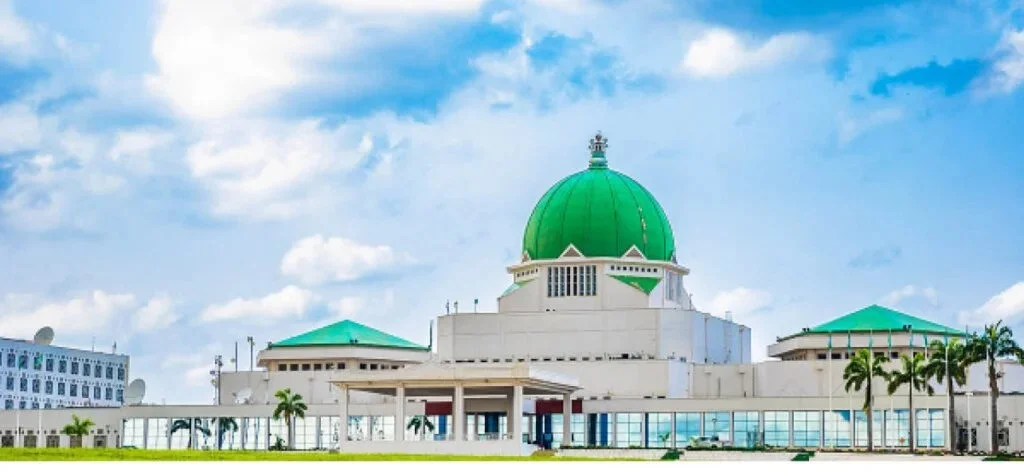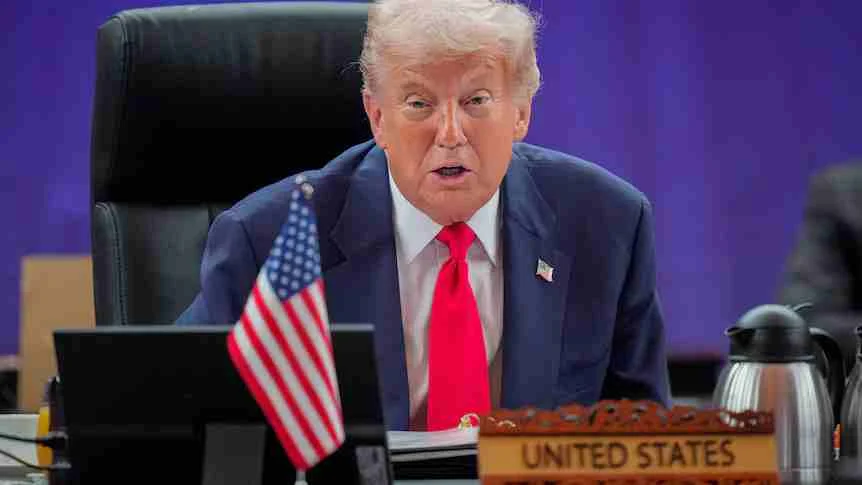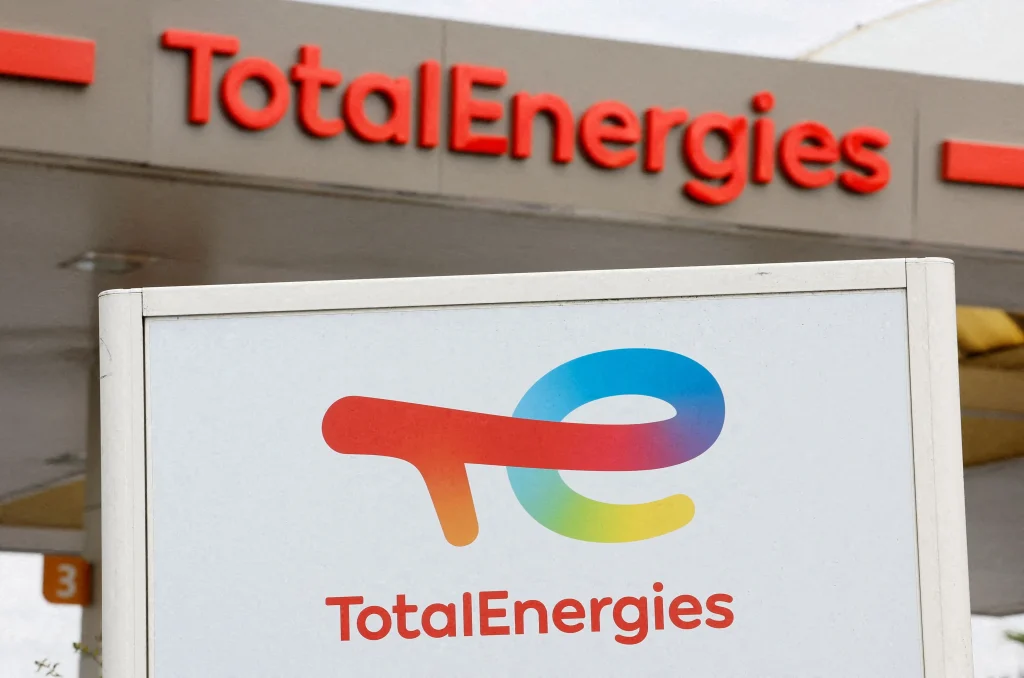The Manufacturers Association of Nigeria (MAN) has raised alarm over 17 bills currently pending in the National Assembly (NASS) that aim to impose additional levies on the already overburdened manufacturing sector. Announced on January 16, 2023, this concern highlights the sector’s struggle with multiple taxes, levies, and fees, which MAN argues are stifling production and global competitiveness.
A Sector Overwhelmed by Taxation
Segun Ajayi-Kadir, MAN’s Director General, speaking to Vanguard, emphasized that manufacturers face over 30 different taxes, levies, and fees imposed by federal, state, and local government agencies. This multiplicity of charges, driven by an aggressive revenue collection approach, has significantly strained the sector. “Multiple taxes/levies/fees depress production in the manufacturing sector,” Ajayi-Kadir stated, noting that these burdens undermine Nigeria’s ranking on the global Ease of Doing Business index.
The proposed bills include measures like the National Youth Service Corps Trust Fund Bill, which seeks to impose a 1% levy on net profits, the Youth Entrepreneurship Development Trust Fund Bill, also targeting 1% of net profits, and a 2% surcharge on all imports, including essential raw materials, spares, and machinery. These additional costs, Ajayi-Kadir argued, exacerbate the sector’s challenges in a global market where competitiveness is critical.
Economic Context and Sector Challenges
Nigeria’s manufacturing sector, which contributes about 15% to the country’s GDP, faces numerous hurdles beyond taxation, including high production costs, unreliable power supply, and currency depreciation. In 2022, inflation soared to 21.09%, and the naira weakened significantly, further straining manufacturers reliant on imported inputs. The pending bills, combined with existing taxes, threaten to erode profitability and discourage investment, potentially driving companies to neighboring countries with more favorable business environments.
The sector’s struggles are compounded by Nigeria’s economic challenges, including a debt-to-GDP ratio of 38% and ongoing efforts to secure a $7 billion IMF loan facility. MAN’s concerns reflect broader anxieties about policies that prioritize revenue over economic growth, particularly in a sector critical for job creation and industrial development.
MAN’s Recommendations for 2023
Looking ahead to 2023, MAN is urging the government to address the issue of multiple taxation and create a more conducive environment for manufacturing. Ajayi-Kadir outlined several expectations, including:
-
Reducing the multiplicity of taxes: Streamline tax collection to focus only on approved levies and fees.
-
Widening the tax net: Capture untaxed entities to reduce the burden on compliant businesses.
-
Lowering corporate tax rates: Reduce the corporate tax rate to 20% to attract investment, aligning with global trends.
-
Coordinated enforcement: Implement the Taxes and Levies (Approved List for Collection) Act, 1998 (Act 21) to ensure clarity and fairness across government tiers.
These recommendations are part of MAN’s Blueprint 2.0, launched in late 2022, which advocates for policies to enhance manufacturing competitiveness and support Nigeria’s industrial growth.
A Call for Policy Reform
MAN’s warning underscores the urgent need for the Nigerian government to reassess its taxation strategy to support, rather than hinder, the manufacturing sector. The 17 pending bills, if passed, could further erode the sector’s viability, potentially leading to job losses and reduced economic output. As Nigeria navigates its economic challenges, including currency depreciation and inflation, fostering a business-friendly environment is critical for sustainable growth. MAN’s advocacy for reduced taxes and streamlined policies offers a roadmap for policymakers to bolster the sector’s resilience in 2023.






